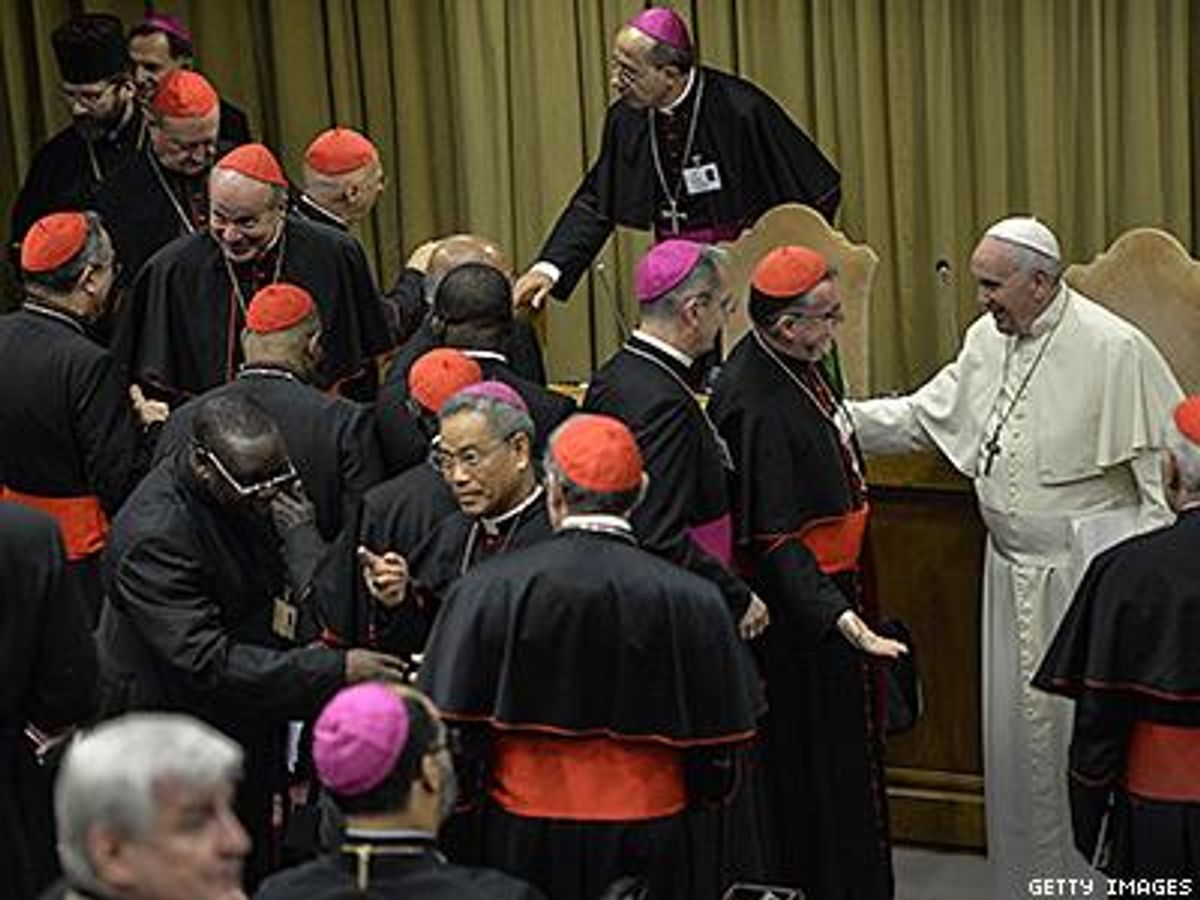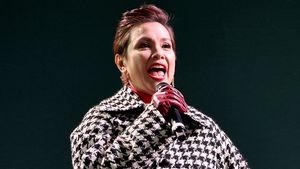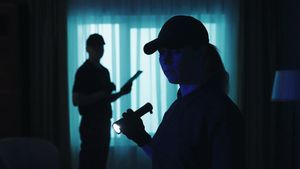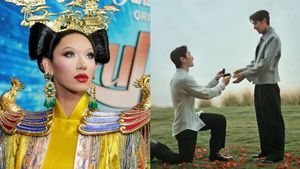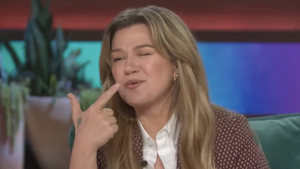Pope Francis, who has made headlines for his "Who am I to judge?" comment regarding gay people as well as his less conciliatory remarks about nontraditional families, tapped 20 new cardinals this month -- and some of them have definite track records on LGBT issues.
Fifteen of the new cardinals are eligible to cast votes when it is time to choose Francis's successor, Time notes. The other five are "honorary cardinals" whose age (over 80) disqualifies them from voting in a papal election.
The Advocate scoured the Web to see what the new cardinals have said about LGBT people and issues. For most, there were no relevant comments available. But a few have gone on the record with their perspectives. Here's what we found:
Archbishop Dominique Mamberti
On LGBT issues: "Regarding morally controversial subjects, such as abortion or homosexuality, freedom of consciences must be respected, ... Every person, no matter what his beliefs, has, by means of his conscience, the natural capacity to distinguish good from evil and that he should act accordingly. Therein lies the true freedom." (The remarks were related to the expression of religious beliefs in the workplace.) Mamberti is prefect of the supreme tribunal of the Apostolic Signatura, the Catholic Church's highest court.
Archbishop Berhaneyesus Demerew Souraphiel of Ethiopia
Souraphiel heads Association of Member Episcopal Conferences in Eastern Africa, which took an anti-LGBT stance last year. The Malawi Voice reported that Souraphiel had this to say about same-sex relationships: "We affirm [the] institution of marriage as [an] insoluble union of love between man and woman open to procreation and renounce any attempt to redefine this institution. ... We strongly condemn same sex unions and other deviations that go against human nature and natural laws. We urge for the protection and defense of family at all costs as that is the beginning and pillar of human life and society."
Archbishop John Atcherley Dew of Wellington, New Zealand
Per the National Catholic Register: "The only Anglophone nominee is Archbishop John Dew of Wellington, New Zealand. In 2005, he advocated a new 'pastoral approach' for allowing divorced-and-civilly-remarried Catholics to receive Communion. During last year's synod on the family, he also voiced his support for a change in language when ministering to persons with same-sex attraction."
Archbishop Alberto Suarez Inda of Morelia, Mexico
On same-sex couples adopting children, quoted from Catholic News Agency: "It's one thing to tolerate conduct contrary to what is commonly accepted; it's another to want to legitimize that which goes against nature itself... I know many cases of children and young people who are deprived of a father or a mother ... because of this, they have a great emptiness and are sometimes traumatized for life. ... It is unjust to arbitrarily step all over the foundation of our society. The nucleus or cell of our social fabric has been the family made up of man, woman and their biological or adopted children."
The other cardinals with voting rights are Archbishop Manuel Jose Macario do Nascimento Clemente, patriarch of Lisbon, Portugal; Archbishop Edoardo Menichelli of Italy; Archbishop Pierre Nguyen Van Nhon of Vietnam; Archbishop Charles Maung Bo of Myanmar; Archbishop Francis Xavier Kriengsak Kovithavanij of Thailand; Archbishop Francesco Montenegro of Italy; Archbishop Daniel Fernando Sturla Berhouet of Uruguay; Archbishop Ricardo Blazquez Perez of Spain; Bishop Jose Luis Lacunza Maestrojuan of Panama; Bishop Arlindo Gomes Furtado of Cape Verde; and Bishop Soane Patita Paini Mafi of Tonga.
The honorary cardinals are Archbishop Jose de Jesus Pimiento Rodriguez, archbishop emeritus of Manizales, Colombia; Archbishop Luigi De Magistris, major pro-penitentiary emeritus, of Italy; Archbishop Karl-Joseph Rauber, apostolic nuncio to seven European countries, of Germany; Archbishop Emeritus Luis Hector Villaba of Tucuman, Argentina; and Julio Duarte Langa, bishop emeritus of Xai-Xai, Mozambique.
